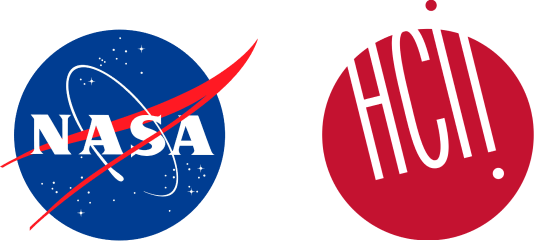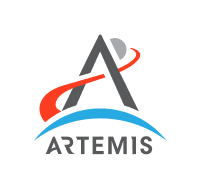PROJECT SUMMARY
For three consecutive years, I have had the privilege of mentoring a team of graduate students specializing in Human-Computer Interaction (HCI) at Carnegie Mellon University as they tackled complex HCI challenges within NASA’s operational and research environments. The goal was to enhance user experiences and improve interface design for NASA’s advanced systems and missions. This mentorship experience not only supported the students’ professional growth but also contributed valuable insights to NASA’s ongoing research and development efforts.
Responsibilities
Guidance and Support: Provided expert guidance on HCI methodologies, including user research, prototyping, and usability testing.
Project Planning and Logistics: Assisted in structuring project prompts and milestones, ensuring alignment with NASA’s and CMU MHCI objectives, and facilitating regular progress reviews.
Collaboration: Fostered a collaborative environment between the students and NASA’s research teams, promoting knowledge exchange and practical problem-solving.
Outcomes
Innovative Solutions: The students developed several high-impact solutions, including an activity ecosystem that supports astronauts on their way to Mars in maintaining important relationship back home; user centered tools for data visualization while exploring the lunar south pole; and a guidebook and test simulation to empower researchers studying problem solving skills necessary to survive deep space missions with little ground support.
Skills Development: The capstone program significantly advanced the students’ skills in applying HCI principles to real-world challenges, preparing them for future roles in industry.
Positive Feedback: Received positive engagement and interest from NASA researchers for the students’ innovative approaches and the practical value of their contributions.
Projects
*Content in this section originated from respective team project websites (linked below)Spark 2022
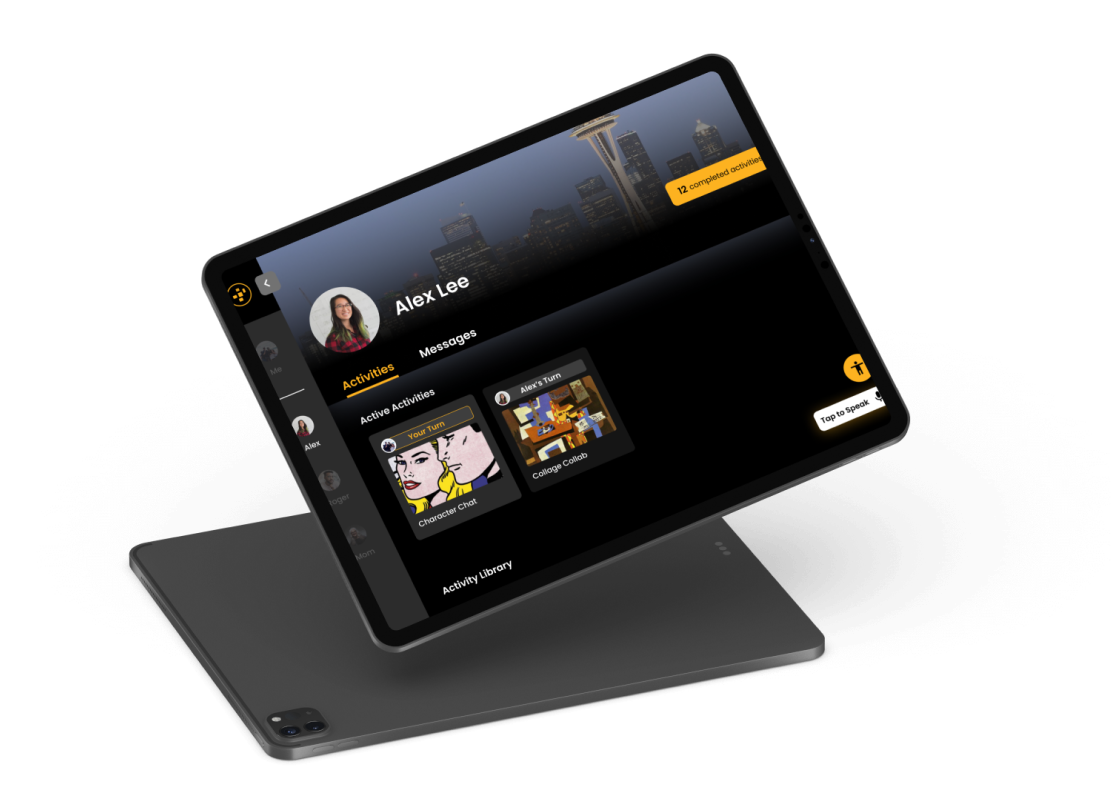
A personal communication platform for sparking excitement, conversations, and happy reflections in relationships between Mars and Earth.
Visit Project WebsiteASTRA 2023
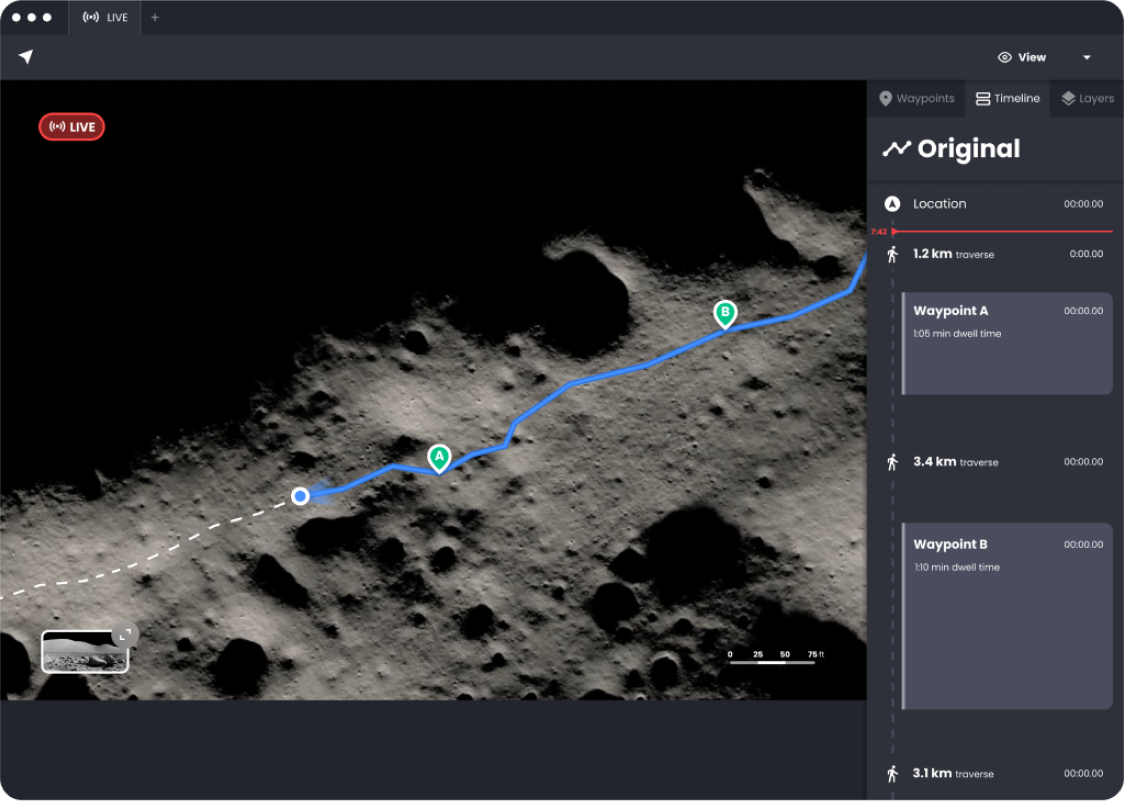
Automated Spacewalk Task and Route Advisor (ASTRA) gives EVA planners a tool to efficiently make an optimal decision and the confidence to clearly advocate their choices. Our system guides EVA planners through their process by providing automated, optimized paths as a starting point for path building. ASTRA gives users the ability to compare, refine, and summarize their path decisions. Through this process, EVA planners build confidence, crystallize their arguments, and prepare to advocate their decisions to their peers.
Visit Project WebsiteM.A.S.T. (Manual for Anomaly Simulation Tasks) 2024
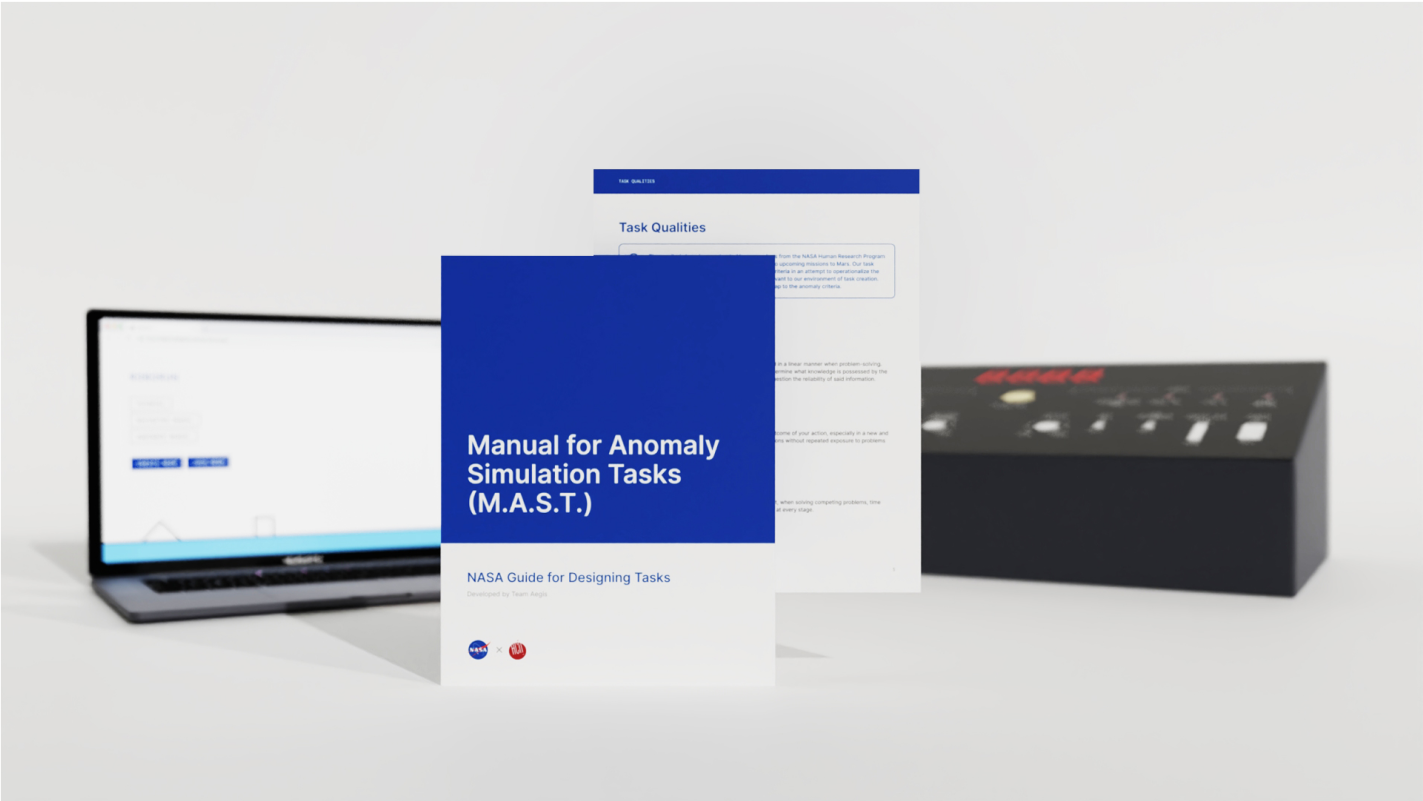
A guide for NASA researchers to create tasks that can assess a team’s problem solving abilities when in deep space scenarios where little ground support is available. Along with the guide, students created two tasks of their own that can be used in researching creative problem solving skills “Space Race” - A physical prototype where the goal is to travel as far as possible in an aircraft by manipulating critical systems on a panel - and “Robo Run” - A digital task where players have to get a robot to the end of an obstacle course.
Visit Project Website